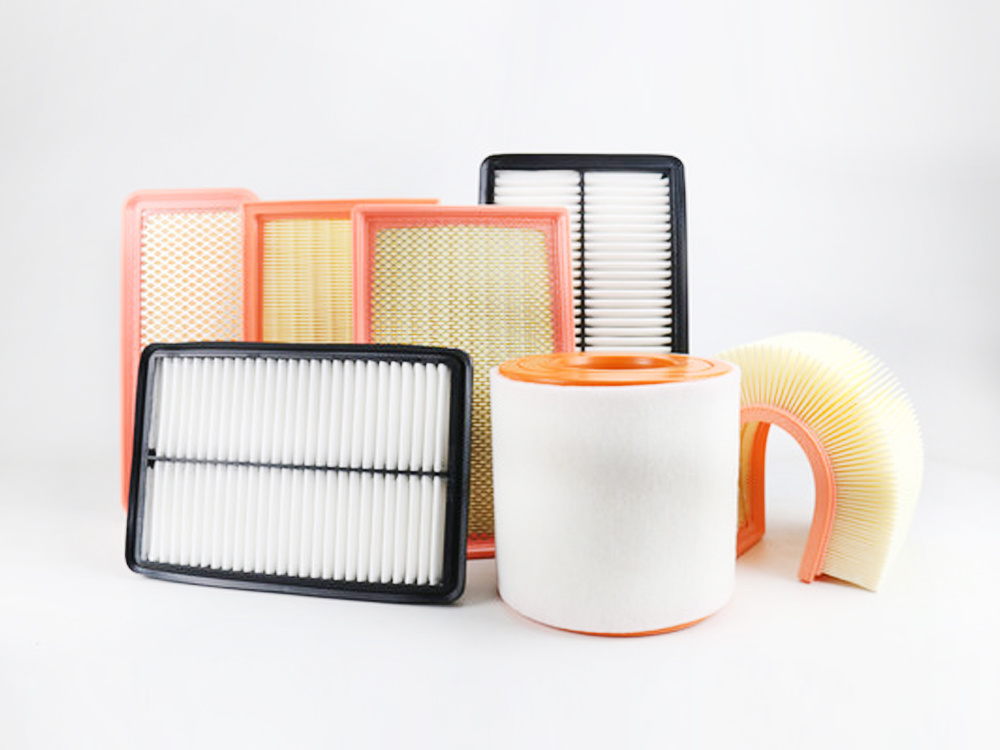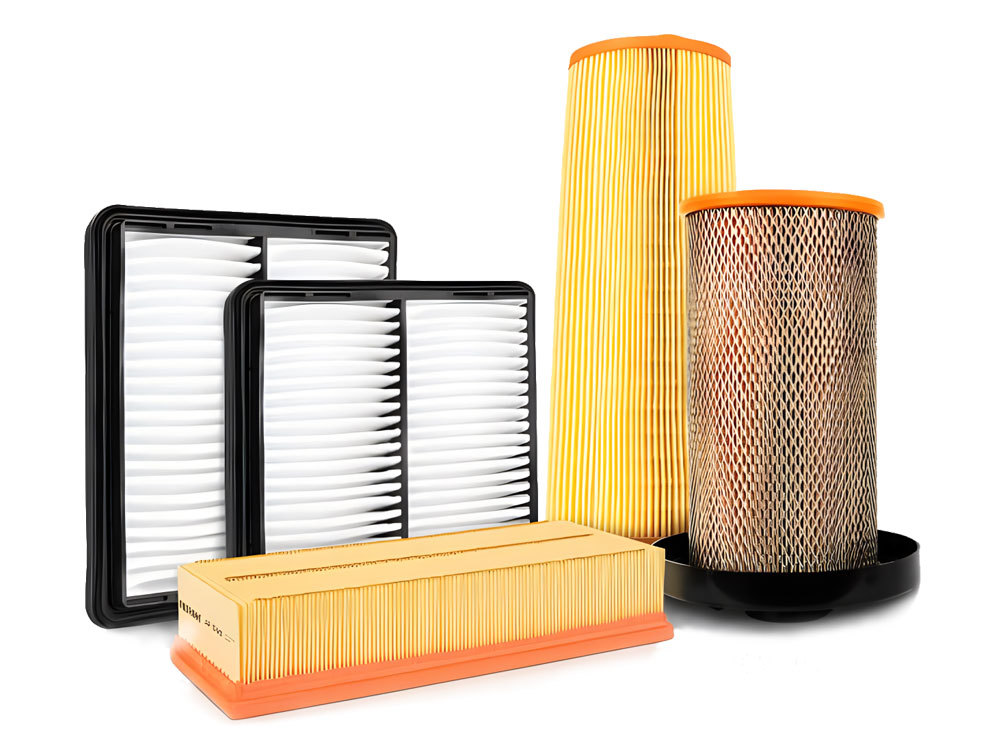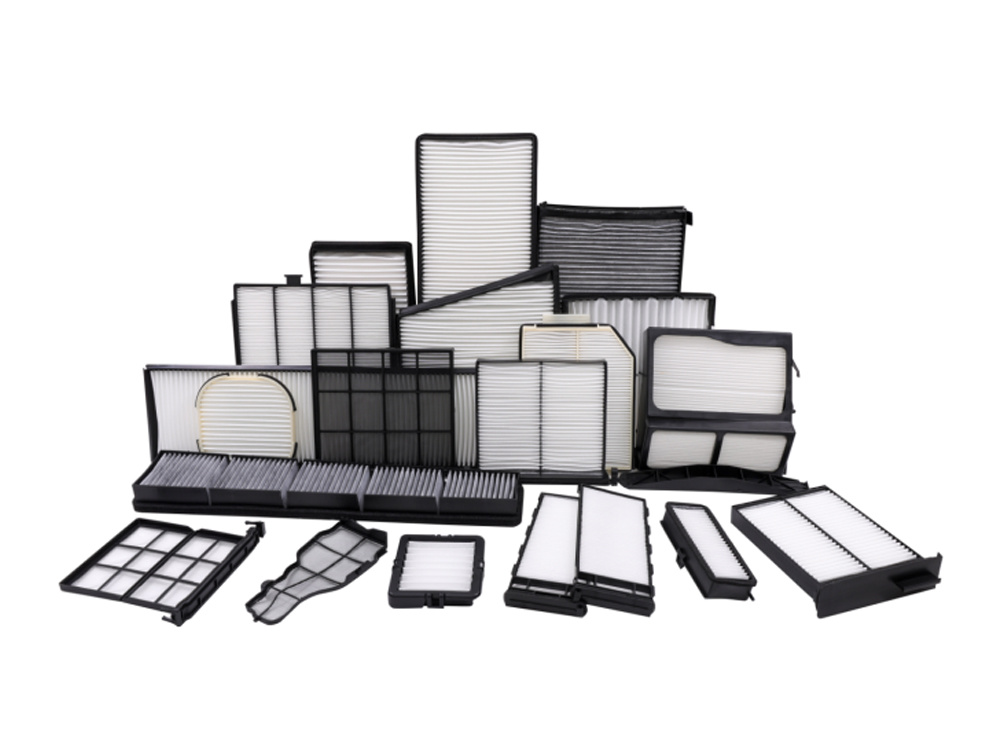
Engineering machinery plays a crucial role in various industries, from construction to mining. One essential component of these machines is the filter system. The filter is responsible for removing contaminants and impurities from the hydraulic fluid, fuel, and air, ensuring the smooth operation and longevity of the equipment. In this article, we will explore the importance of engineering machinery filters, their types, functions, and maintenance.
Types of Filters
There are various types of filters used in engineering machinery, each serving a specific purpose. The most common types include hydraulic filters, fuel filters, air filters, and oil filters. Hydraulic filters are designed to remove contaminants from hydraulic fluid, preventing damage to the hydraulic system. Fuel filters ensure that only clean fuel reaches the engine, improving its performance and efficiency. Air filters remove dust, dirt, and other particles from the air intake, protecting the engine from damage. Oil filters are responsible for removing contaminants from the engine oil, ensuring smooth operation and prolonging the engine's life.
Functions of Filters
Filters in engineering machinery perform several essential functions. Firstly, they help to protect the components of the equipment from wear and damage caused by contaminants. By removing particles such as dirt, dust, and metal shavings from the hydraulic fluid, fuel, air, and oil, filters prevent these contaminants from circulating through the system and causing harm. Secondly, filters help to maintain the efficiency and performance of the machinery. Clean hydraulic fluid, fuel, air, and oil are essential for optimal operation, and filters ensure that these fluids are free from impurities. Lastly, filters contribute to the longevity of the equipment. By protecting the components from wear and tear, filters help to extend the lifespan of the machinery, reducing the need for costly repairs and replacements.
Maintenance of Filters
Proper maintenance of engineering machinery filters is crucial to ensure their effectiveness and longevity. Regular inspection and replacement of filters are essential to prevent contaminants from building up and causing damage to the equipment. The frequency of filter replacement depends on several factors, such as the type of filter, the operating conditions of the machinery, and the manufacturer's recommendations. In general, it is recommended to replace filters at least once a year or as per the manufacturer's guidelines. Additionally, it is essential to use high-quality filters that are compatible with the equipment to ensure optimal performance.
In conclusion, engineering machinery filters are essential components that play a vital role in the operation and maintenance of equipment. By removing contaminants from hydraulic fluid, fuel, air, and oil, filters help to protect the components, maintain efficiency, and prolong the lifespan of the machinery. Proper maintenance of filters is crucial to ensure their effectiveness and prevent damage to the equipment. By understanding the importance of filters, their types, functions, and maintenance, operators can ensure the smooth operation and longevity of engineering machinery.

Engineering Machinery Filter
Category:
Get A Quote
Note: Please leave your contact information and our professionals will contact you as soon as possible!
Related Products
The air filter stops impurities from the air sucked in by the engine and helps maintain the appropriate engine power
The air filter stops impurities from the air sucked in by the engine and helps maintain the appropriate engine power
A device used to filter the air entering the cabin through heating, ventilation, and air conditioning systems.
They help to protect the components of the equipment from wear and damage caused by contaminants.















